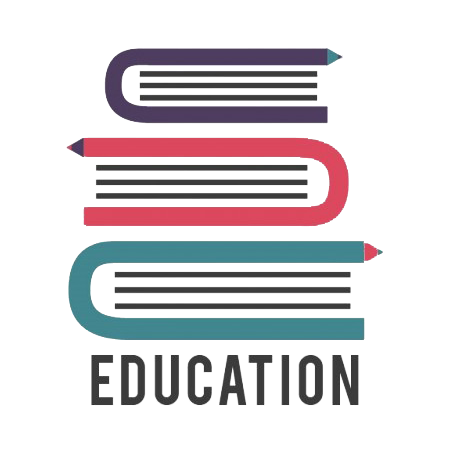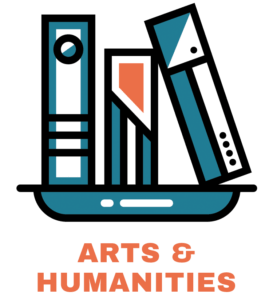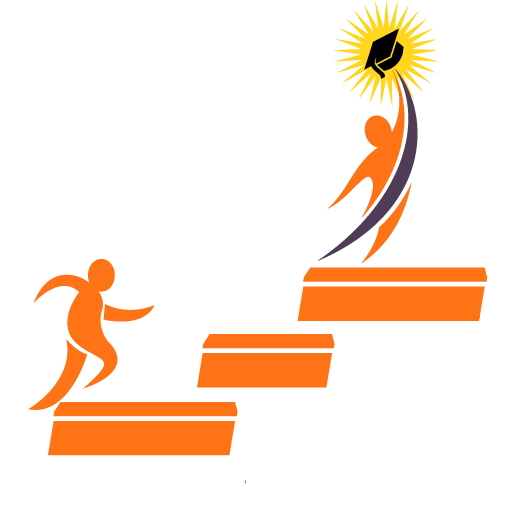Find out all about The Mico’s history here since 1836
Menu
The Mico's Legacy
The historical significance of the Mico embodies a tradition of resilience, endurance and relevance especially in the 21st century. The sole survivor of over 300 “normal” schools established in the Caribbean during the post-emancipation era, Mico has given sterling service in education for over 170 years. Mico holds the enviable record of being the oldest teacher training institution in the western Hemisphere. Maintaining this solid foundation is part of the College’s Strategic Plan which envisions the institution becoming a University College, offering first degrees in Primary and Secondary Education, Educational Administration, Special Education, Guidance and Counselling, and Science Education.
Vision Statement
To be the ‘University of Choice’ in the caribbean, with distinction in teacher education, research and community service:
- By developing critical thinkers and problem solvers, who embrace life-long learning
- By contributing effectively to an improved quality of life at the personal, national and global levels
- And by being financially sustainable.
Mission Statement
To support national and regional development through well-educated populations by preparing students with the required knowledge, skills, attitudes and values in teacher education; and by promoting a culture of inquiry, learning and service through our talented and dedicated staff.
Core Values
Leadership
We are committed to developing and nurturing ethical and value-based individuals who will exert positive influence and be agents of transformative changes in whatever institution and community they serve.
Integrity
We are committed to developing individuals who demonstrate the ethical attributes of honesty, fair play, trustworthiness and respect for self and others.
Service to Others
We are committed to the practice of service for the well-being and improved quality of life of others through habits of empathy, caring, empowerment, civic and social responsibility.
Excellence in Performance
We are committed to developing critical thinkers who consistently display creativity and innovativeness for achieving the highest standards of performance.
Philosophy
The Mico is committed to leadership, integrity, service to others, excellence in performance, the promotion of personal growth and development of all its constituents and nation building. As an institution that embraces student-centeredness we are committed to providing our students with the highest quality education through a holistic learning environment which encourages research and scholarship, and which nurtures and prepares them with the requisite knowledge, skills, competencies, morals and values to be transformational leaders in an ever changing complex world.
We believe that faculty involvement with students must be intentional, persistent, nurturing, engaging, accommodating and thorough. Furthermore, our teaching and learning methodologies should reflect creativity, flexibility, adaptability, to meet the changing needs of students, as well as the changing societal needs and expectations. We strive to communicate with compassion, directness and respect as we build teamwork skills for partnerships and collaborations.





